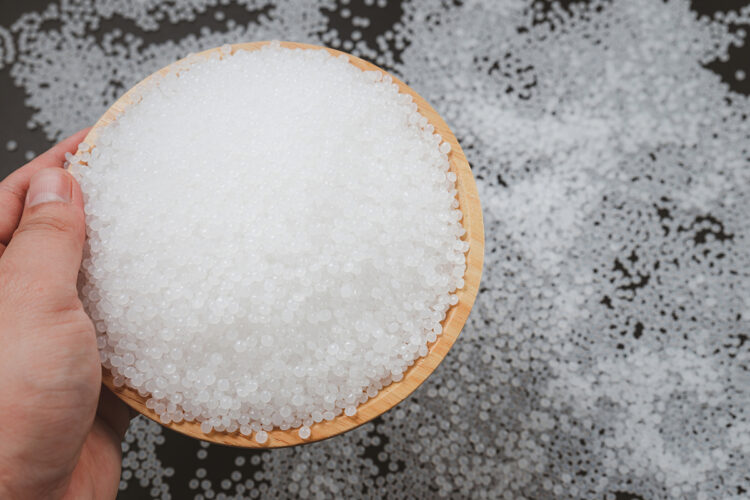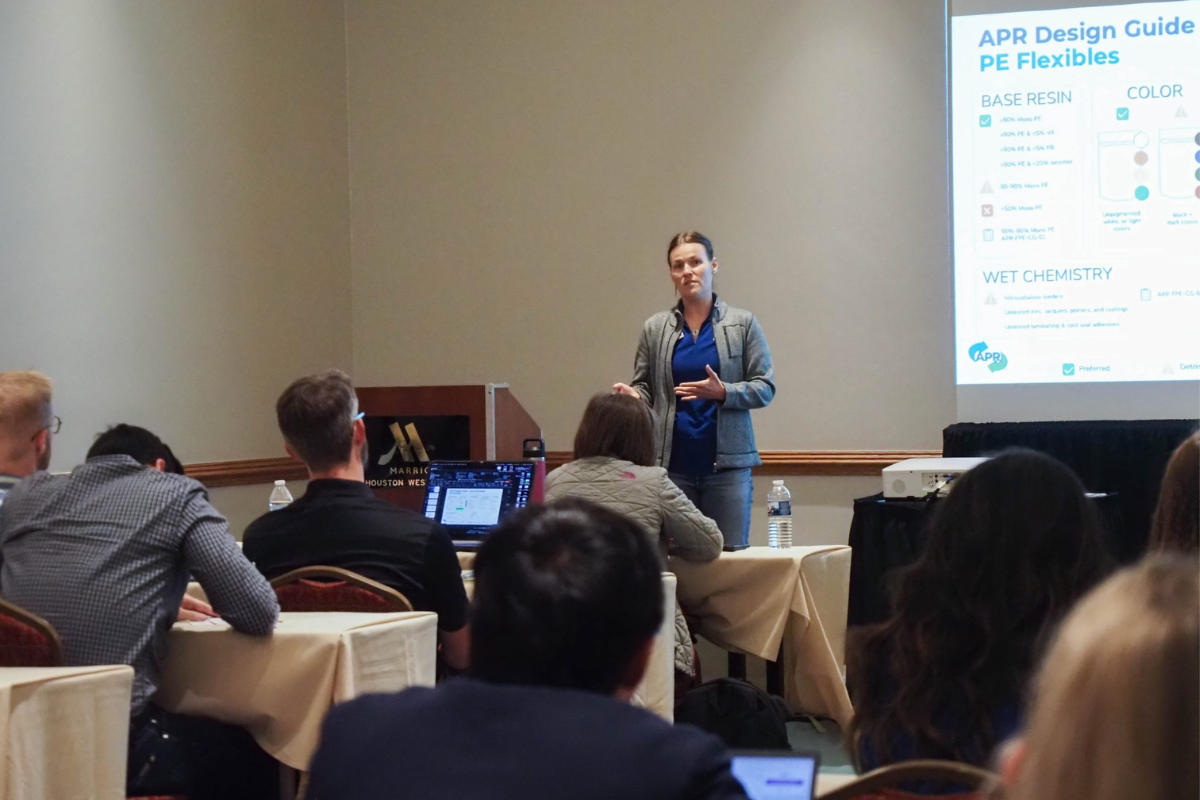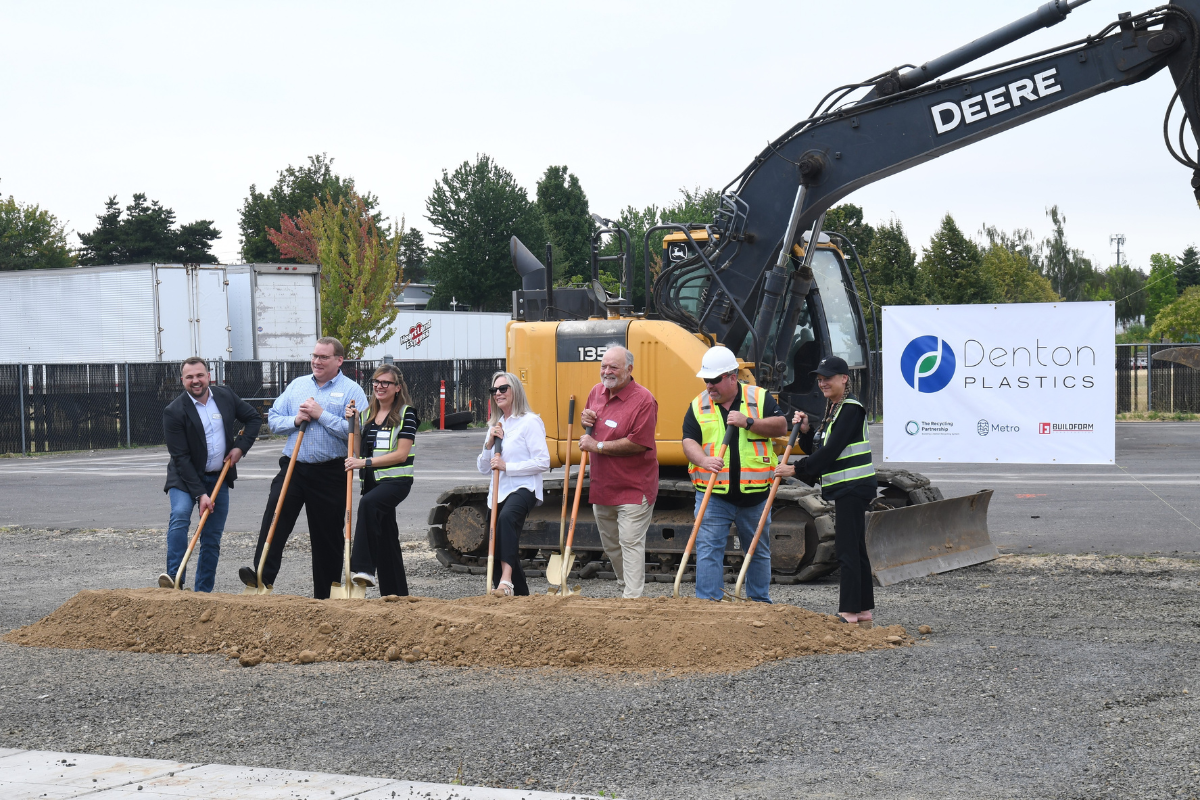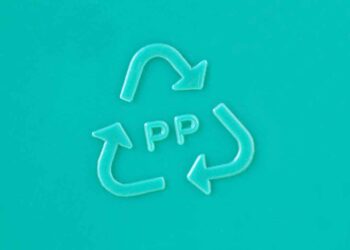The Americas branch of a European initiative to advance incorporation of food-grade PP resin has achieved several initial milestones in recent weeks, though progress is slower than in Europe, according to the group’s president.
Most recently, NextLoopp announced major cosmetics brand L’Oreal had extended its participation in the project to include its Americas division.
“L’Oreal’s participation provides a bridge between the European and American programs,” said Marcio Amazonas, vice president of NEXTLOOPP Americas. “It strengthens cross-market collaboration, accelerates knowledge transfer, and shows how circular packaging can work at scale across continents.”
In addition, Mexico’s Alcamare International Recycling Group became the first North America-based recycler to join the initiative. Edward Kosior, president of NEXTLOOPP Americas, said Alcamare’s move is “not just symbolic, it’s catalytic. Their commitment enables us to transform our roadmap into tangible, scalable closed-loop solutions for polypropylene.”
In its mission to advance food-grade polypropylene, the initiative connects stakeholders throughout the PP recycling chain, leveraging AI-enabled plastics sorting, improved decontamination and FDA compliance to achieve high-purity R-PP resin.
As such, NextLoopp received a Letter of No Objection from the US Food and Drug Administration, indicating that its process for recycling PP meets the requirements for use in direct food contact applications. Overseas, the group is progressing with a European Food Safety Authority review, while already being able to sell resin in the EU and UK before completing the formal review process, which typically takes two years.
NextLoopp only sources post-consumer materials, which means “we’ve got a very good idea about what is actually in the packaging.”
Despite recent milestones, the pace of the Americas launch has been slower than in Europe, where “we had an immediate identification of the goal as being one that needed to be achieved very quickly,” Kosior told Plastics Recycling Update.
He attributed the difference to the greater focus on the cost of the recycled material in the US, with brand owners assuming food-grade R-PP will cost more than virgin resin. “We know that there is a difference between the focus and the priorities between Europe and the US, and I think it’s only a matter of time,” Kosior said. “We also had a slow response to Europe in the very beginning, but after about three or four months of operation, the word got around.”
NextLoopp started up in the UK and Europe in 2020, and now boasts several dozen members, including major global PP producers Ineos, TotalEnergies and Braskem.
In early October, the founding members of NextLoopp Americas toured the new TOMRA facility in Charlotte, North Carolina, for a hands-on demonstration of AI-assisted sorting – similar to one in Germany a few weeks prior – using post-use material supplied by Alabama-based KW Plastics. Founding members of NextLoopp Americas include Gneuss, Next Generation Recycling, Hydrodyn Recycling, Advanced Plastics Systems, Heng Hiap, Bekaert and Eunomia.
In the process of training the AI used in sorting, NextLoopp will audit waste streams from haulers to characterize packaging for its potential to make food-grade R-PP, looking at the ratios of food versus non-food packaging, and color profile, Kosior said. After that, the group will analyze the material, trying to match the profile generated from its current work in Europe. The group expects to see similar material in the US, though Kosior noted that US packaging tends to be bigger than in Europe.
Once that analysis is complete, the group will start making batches of resin using its proprietary process, and work with brands that join the program for their specific molding needs, Kosior said.






























